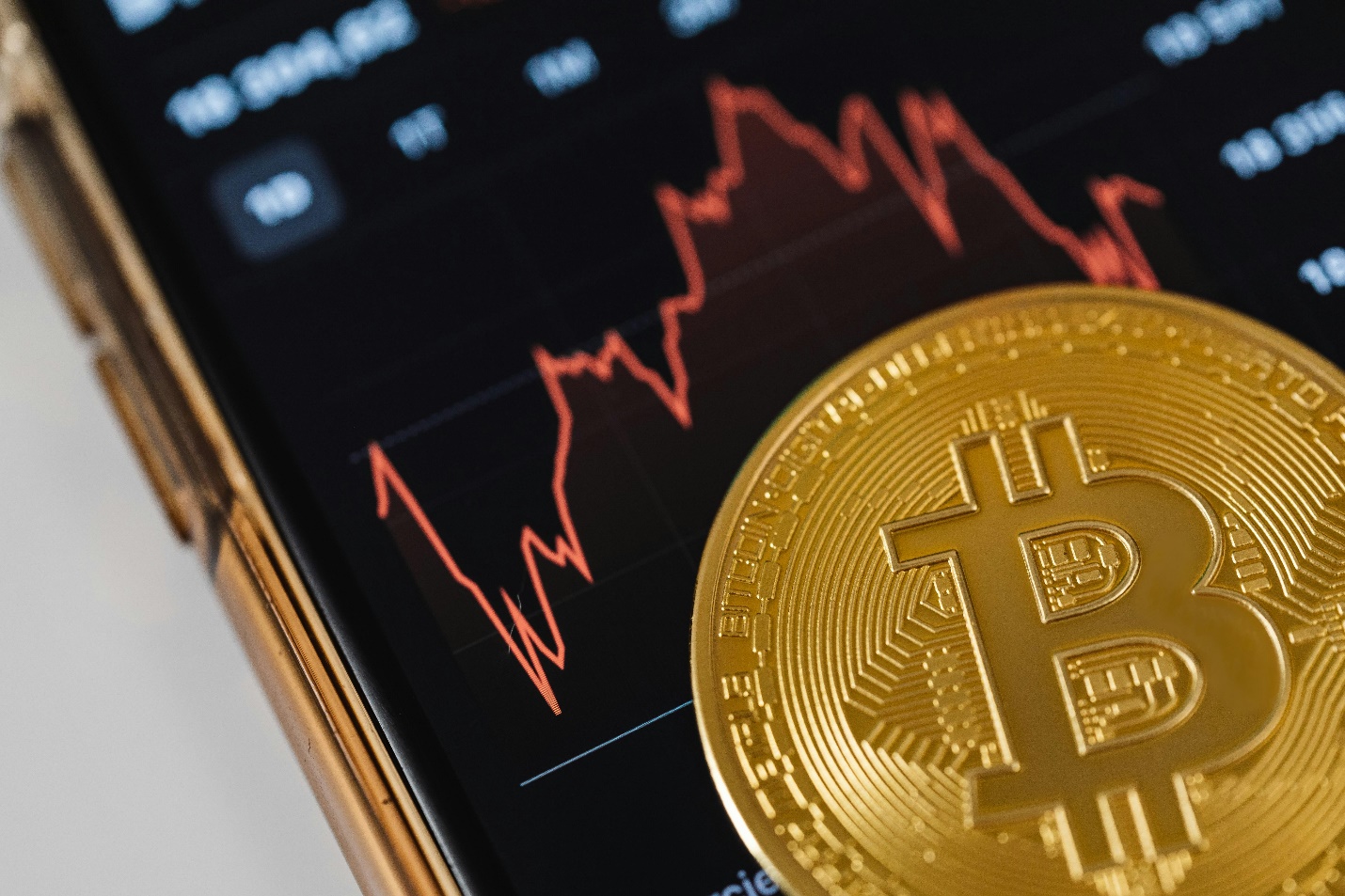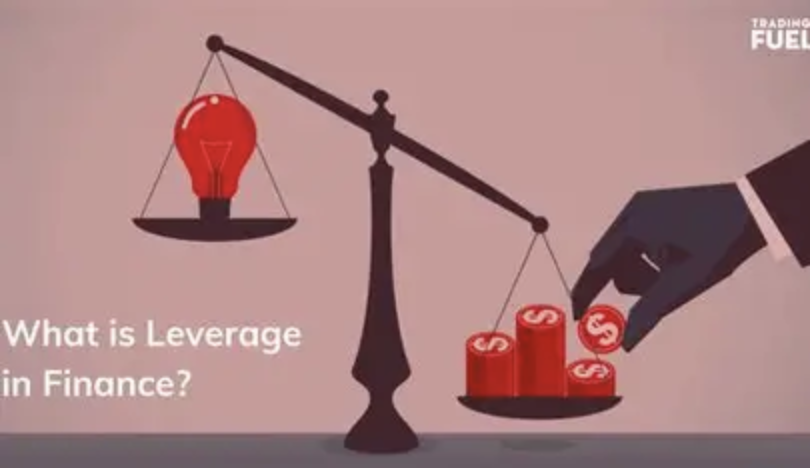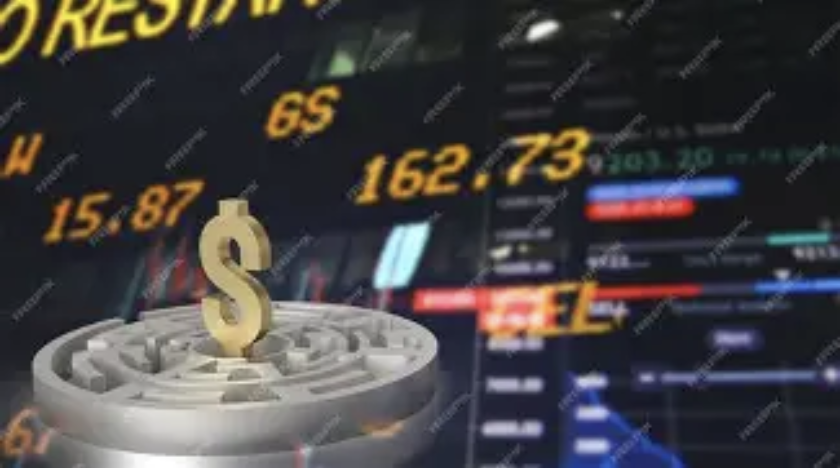For decades, the financial system has been centralized, controlled by intermediaries like banks and governments. But a new revolution is underway, fueled by blockchain technology and its offspring, Decentralized Finance (DeFi). This technology is reshaping how we interact with money, offering exciting possibilities while also presenting significant challenges. This post aims to demystify DeFi and explore how it's impacting the way we think about finance.

Understanding Blockchain:
Blockchain technology is the foundation of DeFi; it is a shared, unchangeable ledger that keeps track of transactions via a network of computers. This decentralized nature eliminates the need for a central authority, making the system transparent, secure, and resistant to censorship. Think of it as a digital record-keeping system that's virtually impossible to alter or hack.
Each transaction on the blockchain is verified by numerous participants, ensuring accuracy and preventing fraud. This fundamentally changes the power dynamic, moving it away from centralized institutions and towards a more distributed, community-driven model.
What is Decentralized Finance (DeFi)?
DeFi leverages blockchain technology to create a new financial system that operates without intermediaries. Traditional financial services like lending, borrowing, trading, and investing are all being reimagined within this decentralized framework. This means you can access these services directly, without needing to rely on banks or other institutions.
Some key DeFi applications include:
- Decentralized Exchanges (DEXs): These platforms allow you to trade cryptocurrencies directly with other users, eliminating the need for centralized exchanges with their associated fees and risks.
- Lending and Borrowing Platforms: DeFi protocols allow you to lend out or borrow cryptocurrencies, often earning higher interest rates than traditional savings accounts or paying lower interest rates on loans.
- Stablecoins: These cryptocurrencies provide a more stable option than volatile ones as they are based on the value of a reliable asset, such as the US dollar.
- Yield Farming: This involves lending or staking your cryptocurrencies to earn high yields on various DeFi platforms. However, it's crucial to understand the associated risks involved.

How DeFi is Changing the Way You Think About Money:
DeFi is challenging established financial norms in several ways:
- Increased Accessibility: DeFi services are accessible globally, regardless of your location or financial status. This can be particularly beneficial for individuals in underserved communities who lack access to traditional banking services.
- Transparency and Security: The public nature of the blockchain provides increased transparency, allowing anyone to view transactions and verify their authenticity. The decentralized nature also enhances security by reducing the risk of single points of failure.
- Lower Costs: By eliminating intermediaries, DeFi can offer lower fees and higher interest rates compared to traditional financial services.
- Programmability: The configurable nature of DeFi protocols makes it possible to develop cutting-edge financial services and solutions. There are countless opportunities for new financial products and uses as a result.
The Risks of DeFi:
While DeFi offers immense potential, it's essential to be aware of the risks involved:
- Volatility: Cryptocurrency markets are highly volatile, meaning that the value of your assets can fluctuate significantly in a short period.
- Smart Contract Risks: Smart contracts—self-executing contracts with the conditions of the agreement stated directly in code—are the foundation of DeFi protocols. These contracts may have flaws or weaknesses that result in large losses.
- Security Risks: Although blockchain is secure, DeFi protocols are still susceptible to hacking and exploits.
- Regulatory Uncertainty: The regulatory landscape for DeFi is still evolving, creating uncertainty and potential risks.

Conclusion:
DeFi is a quickly developing sector that has the potential to completely transform the financial industry. Even while it offers a lot of potential, it's important to proceed cautiously and fully comprehend the hazards. DeFi is anticipated to become more significant in the financial industry as legislation and technology advance. Anyone who wants to take part in this exciting new period must stay educated.





